Uncategorized
Non-Verbal Cues in Interviews: What is Your Body Saying?
Did you know that during interviews, the way your present yourself non-verbally is equally as important as what you say? Practice makes perfect in all aspects of life, and interviewing is no different. Nervousness is normal when interviewing, especially when you need to speak about yourself in front of others. Likewise, if you have not had an interview in a long time while being in the military, and you will now begin looking for a job in the civilian sector.
Giving yourself time to practice your interviewing skills will help you be more comfortable and confident the next time you find yourself in that situation. Being aware of your nonverbal presentation will also help you shine. Your body language is an important part of your interview presence. Practice looking people in the eye and exhibiting positive body language. A relaxed body will give your interview a much more comfortable ambiance for both the interviewer and yourself. Don’t fiddle with your clothes, tap your feet, or change positions too often. You want the interviewer to see that you’re comfortable in your own skin, and comfortable talking about your talents and skills.
Practice looking people in the eye and exhibiting positive body language. A relaxed body will give your interview a much more comfortable ambiance for both the interviewer and yourself. Don’t fiddle with your clothes, tap your feet, or change positions too often. You want the interviewer to see that you’re comfortable in your own skin, and comfortable talking about your talents and skills.
General tips to add to your interview practice
-
- Keep answers simple, short and straight to the point, while also being sure you answered the question thoroughly.
- Take time to consider your answer. It’s acceptable to take a moment to gather your thoughts before responding. Be sure to utilize keywords from the job description to tailor your responses to the position for which you are applying.
- Most interview questions have many purposes. Consider your talents and how the needs of the firm align when you formulate your responses.
- To support your arguments, use facts, precise examples, data, and anecdotes.
- Instead of merely declaring you can do something, if possible, walk someone through how you would go about accomplishing it step by step.
- Don’t offer information when it isn’t requested. Added information could backfire, and you might talk yourself out of a job.
- When giving a response, always give examples to illustrate your point. Actions speak louder than words, so use your experiences to show you are capable of filling the role.
- Bring a pad of paper and a pen with you to the interview, and write out your top five things you want people to know about you on the first page. Find a way to include them in your interview responses.
- Bringing a notepad will also able you to take notes and write down important information, both about the position and about any questions you may have moving forward.
Speaking of questions, you need to have questions too
An interview is not just a place used to find out if you are fit for the job. It is also a place for you to determine if this job will fit you equally well. An interview should be a two-for-one scenario. You should be able to ask questions about what is expected of you, and what type of working environment you can expect. Generally, after the interviewer has finished asking things about you, there is an opportunity when they ask if you have any questions. Use this time to find out more about the potential employer while also demonstrating you are intelligent, forward-thinking, and interested in knowing all you can.
Here are some good questions to get you started:
-
- What will my responsibilities be?
- Where will I fit into the overall organizational structure of the company?
- Why is this position vacant?
- Who will I report to? How does my direct supervisor fit into the organizational structure of the company?
- Who will report to me?
- What do you expect me to accomplish within the first six months?
- What training to you provide to your employees?
- When will you decide on the hire?
- What are the promotion possibilities?
- How would you describe the work environment?
- Do your employees work individually or as a team?
- What career opportunities exist in the company?
- What further education or training does the company consider important for my future progress?
- How is the performance review process completed at this company?
- Is this a newly created position, or has it existed for some time?
- What are the department’s goals for the year?
- What is the company’s mission statement?
- After having this discussion, do you have any concerns with my ability to do this job?
You can use the answers to each of these questions to determine whether this position is what you are looking for. You may learn more about the dynamics of the company while asking your questions. For instance, if the departing employee before you cited work-life balance or culture fit as reasons for leaving, you might realize from the vacancy that this job might not serve your needs best. Not only that, but you can learn how much the company is willing to invest in you as an employee—and whether there is room for growth—by inquiring about promotion or training chances.
Practice Makes everything better
Even if returning to the civilian job search makes you nervous, and the sound of interviews is intimidating, some practice can make you much more comfortable. The more that you practice, using these questions and tips, the more prepared you will find yourself. Better preparing yourself will give you the tools to handle anything unexpected that happens in your interview, and be able to stay calm and collected.

